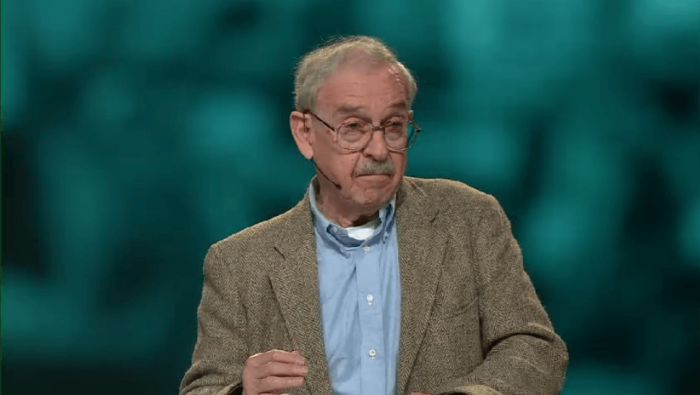Evangelicals for Social Action drops ‘evangelical,’ calls term too 'political’

Lamenting that the term “evangelical” is now too “largely political” and hasn't been helpful in conveying the character of their organization, Evangelicals for Social Action, a Christian scholar-activist group started in 1973, announced Monday that they have changed their name to Christians for Social Action.
“Today the word ‘evangelical’ in the popular mind has largely political connotations. For significant numbers of people, it signifies a right-wing political movement irrevocably committed to Donald Trump. Many young people raised in evangelical churches are turning away in disgust–abandoning evangelical churches and even sometimes the Christian faith itself. And the larger society thinks of evangelicals not as people committed to Jesus Christ and the biblical gospel but as pro-Trump political activists,” Ron Sider, the organization’s founder and president emeritus, said in a statement.
“After careful thought and prayer, we have decided to change our name–a little! Our new name is Christians for Social Action (CSA). We believe it will help us win a listening ear with more people. And it certainly will avoid people refusing to even take a minute to see who we are because they see a word that for many people immediately signals political folks,” he noted.
Sider contends that while the word evangelical is a rich theological term that refers to historic Christian orthodoxy and a commitment to Jesus’ Gospel, the political activism of popular evangelical figures such as Jerry Falwell Sr., who formed the Moral Majority in the 1970s, and Pat Robertson, who mobilized charismatics and Pentecostals in his 1987-1988 presidential run, distorted that narrative.
He explained that while ESA believed biblical faith called Christians to a “completely pro-life” agenda, Falwell, Robertson others in their camp preferred to focus on a much narrower range of issues, particularly abortion and marriage.

“They identified more and more with the politically conservative part of the Republican Party. Increasingly, the media equated evangelicals with the “Religious Right.” And in 2016, 81% of white evangelicals voted for Donald Trump. And they have continued to support this twice divorced sexist, who had boasted of sexual affairs, stoked racism, promoted policies that largely benefit the richest 20%, ignored the overwhelming scientific consensus on global warming, and lied constantly, undermining democracy by dismissing anything he disliked as ‘fake news,’” Sider said.
A new book titled, The Spiritual Danger of Donald Trump: 30 Evangelical Christians on Justice, Truth, and Moral Integrity, edited by Sider and published earlier this summer, raises similar concerns. It calls on white evangelicals to rethink their support for the president and warns that Trump is damaging the witness of evangelical Christianity in American culture.
“Our plea is to white evangelicals to please take another look and ask, ‘Does this person measure up to biblical norms?’” Sider told The Christian Post in an earlier interview. “We are not telling you what to include. But please prayerfully think about that. Even if you think the book will make you mad, given the title, I challenge you to read it and decide for yourself if there are any valid points that we are making there.”
In his statement Monday, Sider explained that as the reputation of the term evangelical evolved over time, holding on to the term in their name simply caused more confusion about his organization’s commitment “to working for justice for everyone.”
“The result is that ESA increasingly found that our name failed to communicate who we really are. And it also led people to click off any message with that name before we had any opportunity to explain that (the word comes from the Greek word, evangel, for gospel.) Because of a shameful history of white evangelical racism, the black church has long refused to use the term evangelical for itself even though its theology and piety are very close to what the word evangelical used to mean,” he said.




























